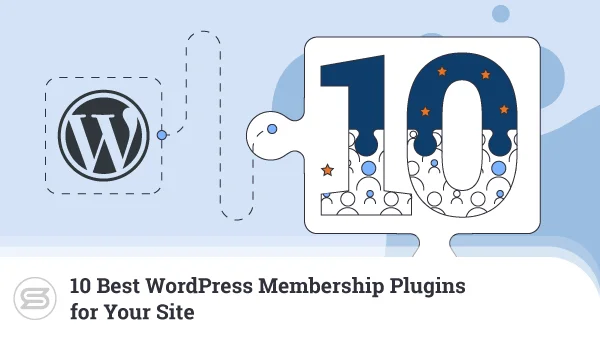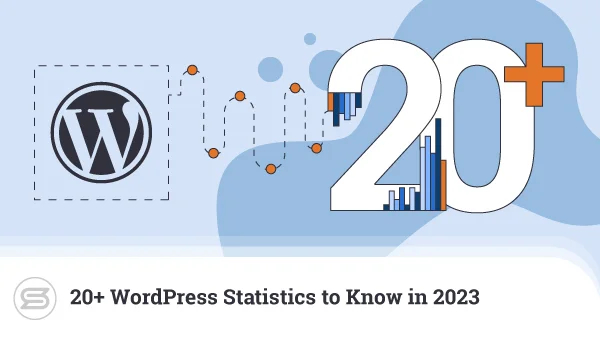Building a website, one of your most important tasks is to rank it as high as possible in Google. After all, you are looking to attract as many visitors as possible, and search engines are a key source to get yourself seen.
This is how we got the search engine optimization (SEO) niche.
There are several essential elements to consider if you want to get the best Google rank possible. Ideally, that would be in the Top 3 results on page one. Here are some important factors, which will dramatically affect your position.
The Title
This is the most important thing you can do for search engines to tell them what your page is about. If you are targeting a specific keyword, the title is one of the best places to put it. Doing that will dramatically increase your chance to rank higher for the particular keyword as the search engine robots will easily recognize the purpose of the page/article. Keep in mind that you can’t just add all your keywords in that title, though. Relevancy is what you should be looking for when building your web content.
Your page title must not exceed 60 characters. After 55-60 symbols, search engines cut the rest, which leaves your thought unfinished. That also decreases your CTR (click-through rate), meaning people often fail to find suitable content on your page that matches their search intent.
H1, H2 and H3 Tags
H-tags are another key Google signal. All your pages should have an H1 tag. Similar to the title tags, the H1 must contain the keyword you want to rank for. H2-H4 labels might be optional, but if your content structure allows it – don’t hesitate to include some as well.
Remember not to include the keyword too many times on your page as it will have a reverse effect sooner or later. Write for the visitors and not search engines. Make sure your content makes sense to people.
Meta Tags
The two important meta tags you should be looking out for are the meta title and meta description. One tells the search engine what to expect on your page, and the other gives it a short excerpt of the content inside.
The meta keyword and meta description tags are optional. They used to play a significant role in the past, but right now, they are practically useless, so you can skip them in your SEO optimization process.
Page Content
The rule here is the more content you have on your page, the better it will look to search engines. The text and images must be unique and relevant, though. Forget about copying already-existing text or spin old articles. Google will detect that and will subsequently punish you for the bad practices.
WordPress Hosting Plan
Your hosting plan is essential in case you want to rank for a specific region. If you want your WordPress website to be on the first page of search results for a particular country, say Spain, it’s best to have the website hosted on a server in the same region. Additionally, a reliable VPS solution can work wonders for your site speed, which is another key ranking factor.


External Links
External links are vital. You will notice the Top 3 websites for most searches have plenty of them. In the past, the number of links mattered a lot, but nowadays, quality prevails over quantity. The best hyperlinks are those created naturally by other people. As such are usually not enough, you need to look for ways to get more. Never try to get links from websites that have nothing to do with your niche, as that will only backfire once Google catches on.
SSL Certificates
In 2017, Google Chrome started showing a warning for websites that don’t have an SSL installed. Additionally, the search engine giant gave a little boost to pages with a security certificate, which made a lot of webmasters switch to this solution. SSLs are usually a premium feature, but many hosting providers offer free options as well.
Website Errors
Scan your website to ensure it has no broken links or pages with duplicate content. All such errors must be fixed as the search engines often penalize them.
Adding Fresh Content
If your website is not regularly updated, it’s hard to rank it well. You must spend enough time posting new articles and unique niche content. That way, more people would be inclined to link to your pages, which subsequently gives positive signals to Google. Make sure to post new things regularly, update old content, try different formats to test which works best for you.
Final Takes
Search engine optimization is a complex subject, but following some basic guidelines will definitely help your WordPress website rank better. The above are just a few of the 200+ signals that Google utilizes in its algorithm. Still, they carry enough weight to help you get to page one, even if you’re not an experienced expert in SEO.



